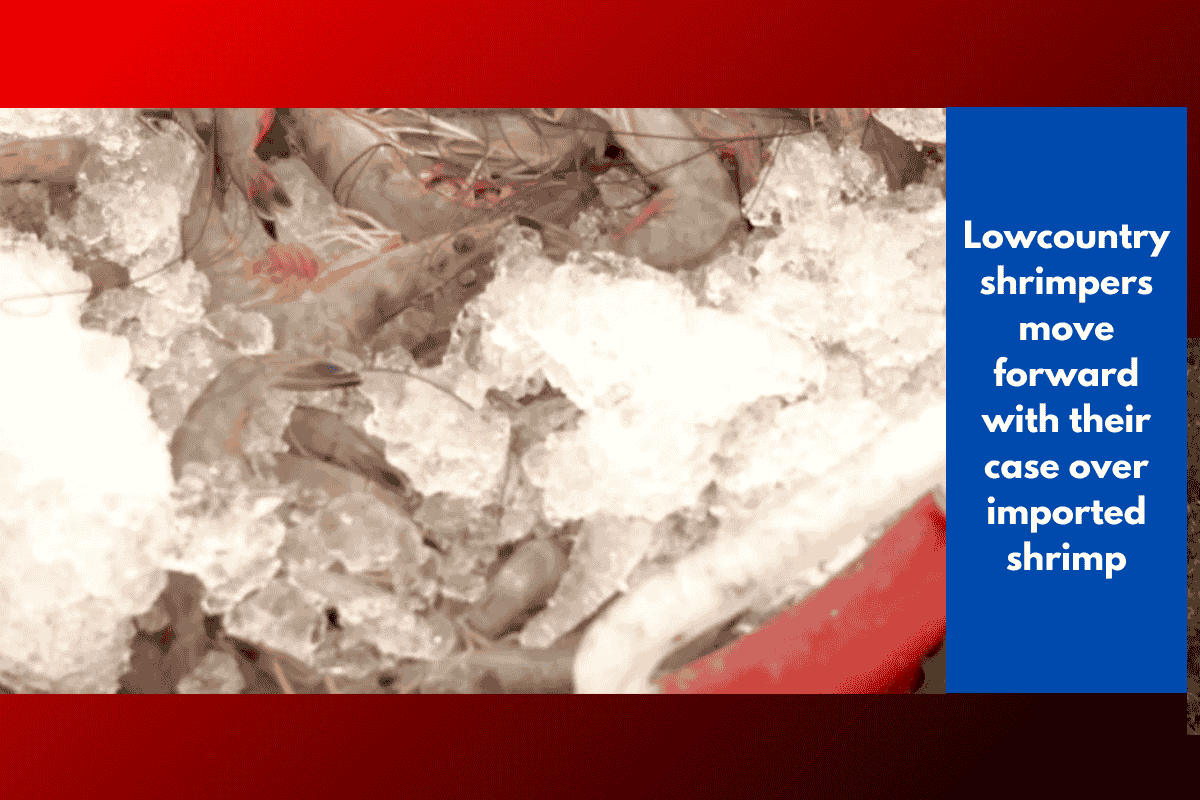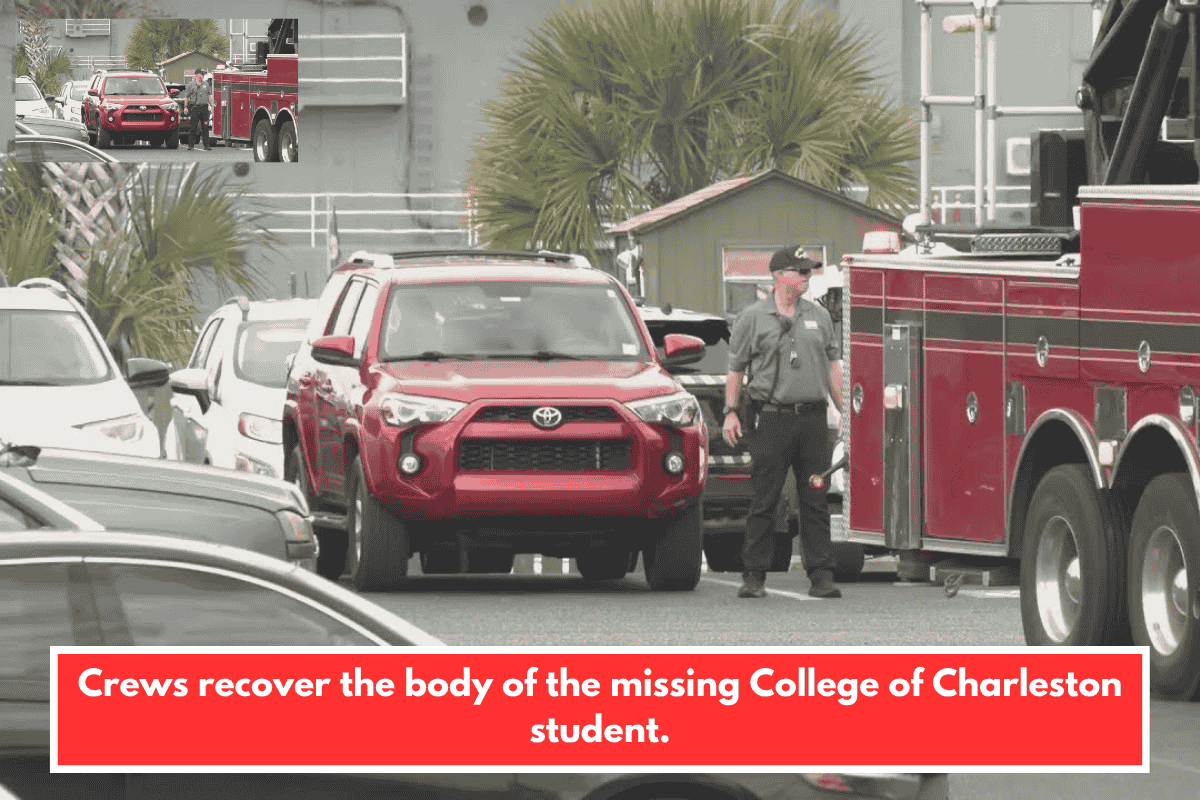The shrimping industry in South Carolina’s Lowcountry is facing a tough battle — not from nature, but from misleading marketing and unfair trade. Local shrimpers say they are losing income as many restaurants label imported shrimp as “locally caught,” tricking customers and taking profits away from hardworking fishermen. Now, a lawsuit and new legislation may finally bring change.
The Lawsuit Against Fake “Local” Shrimp
Earlier this year, the South Carolina Shrimpers Association took a bold step by filing a lawsuit against dozens of restaurants. These restaurants are accused of selling imported shrimp while advertising it as local, wild-caught seafood.
In June, a consulting firm named SEA-D tested shrimp served at 44 restaurants around Charleston. Shockingly, only four of them were actually serving local, wild-caught shrimp. The other 40 restaurants were allegedly misleading their customers.
The lawsuit claims this is a violation of federal laws related to false advertising and unfair trade practices. This has directly impacted local shrimpers who are already struggling with rising costs and competition from cheaper, frozen imports.
New Focus: Recovering Lost Profits
This month, an amendment to the lawsuit was filed. The updated complaint doesn’t just ask for accountability — it demands the return of profits earned through false claims.
Lawyer Gedney Howe III, who represents the shrimpers, said, “We’re asking the judge to let us recover the profits these restaurants made by selling imported shrimp as local.”
For Howe, the fight is personal. Growing up near a shrimp dock, he feels a deep connection to the industry. “It’s burned into my soul. That’s part of me being from here, and I want to protect these guys,” he said.
Support from Washington: New Seafood Law Proposed
Help might also be on the way from the federal government. U.S. Representative Nancy Mace has introduced an amendment to the National Defense Authorization Act. If passed, it would require the Department of Defense to purchase only American-caught seafood.
“This is about protecting our coastal economy,” said Mace. “Our fishermen and shrimpers are the backbone of the Lowcountry.”
This legislation could mean more guaranteed buyers for local shrimpers and a stronger stand against the flood of imported seafood.
How You Can Support Local Shrimpers
If you’re in the Lowcountry and want to support local businesses, make sure the shrimp on your plate is truly local. Many restaurants do serve genuine, wild-caught shrimp from nearby waters — you just need to know where to look.
For a trusted list of these restaurants, visit scshrimp.org. By dining at these places, you’re helping honest, hardworking shrimpers keep their boats running and their families fed.
Conclusion
The battle between imported and locally caught shrimp is more than just a legal issue — it’s about honesty, tradition, and protecting a way of life that’s deeply rooted in the Lowcountry. As the lawsuit unfolds and new laws are proposed, there’s hope for fairer trade and better protection for local shrimpers. Until then, the power is also in your hands. Ask where your shrimp comes from — and choose local when you can.














